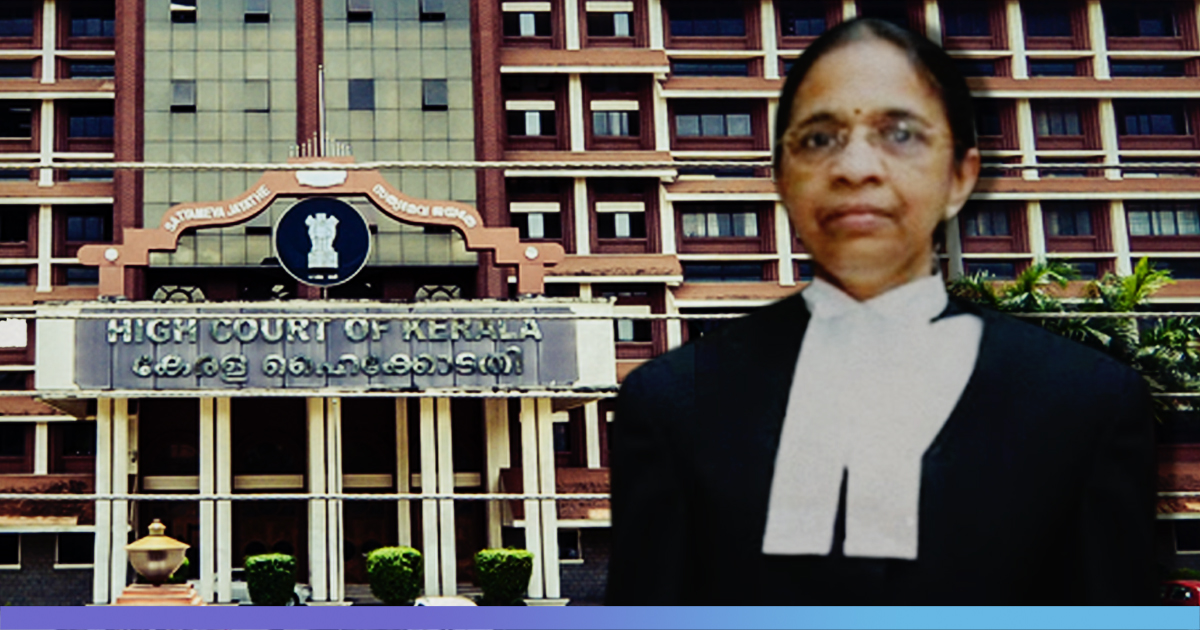The Kerala High court on September 19, Thursday, ruled in favour of the right to access the Internet. The verdict was given by Justice PV Asha who said that restricting the Internet access for students would violate the fundamental right to education, and right to privacy under Article 21 of the Constitution.
The court was hearing the petition filed by Faheema Shirin, a third-semester B.A. English student of the college at Chelanur, challenging her suspension for not abiding by the hostel’s rules to not use the internet after 10 pm.
According to the rules of the hostel, girls are allowed to use cell-phones from 6 pm to 10 pm every day. Students if found using before or after the allotted time would go through severe punishment which can go from suspension for a few days to expulsion of the student.
Shirin with other female friends protested against the ban which led to their expulsion by the college authorities. Faheema in her complaint asserted that the restrictions on the usage of cell-phones amounted to the violation of the fundamental right to freedom of speech and expression under Article 19(1)(a) of the Constitution.
“When the Human Rights Council of the United Nations has found that the right of access to Internet is a fundamental freedom and a tool to ensure right to education, a rule or instruction which impairs the said right of the students cannot be permitted to stand in the eye of law,” The court observed.
The Judge discerned that the action of the college authorities impede the fundamental freedom as well as privacy and would adversely affect the future and career of students who want to acquire knowledge and compete with their peers, such restriction could not be permitted to be enforced.
The court also cited the observations of the SupremeCourt in the S.Rengarajan and others V. P. Jagjivan Ram (1989) case and said, “ the fundamental freedom under Article 19(1)(a) can be reasonably restricted only for the purposes mentioned in Article 19(2) and the restriction must be justified on the anvil of necessity and not the quicksand of convenience or expediency.”
The court further added that the hostel authorities were expected to enforce the rules and regulations related to maintain discipline in the premise. Enforcement of discipline shall not be maintained by putting restrictions on the means used by the students to acquire knowledge.












